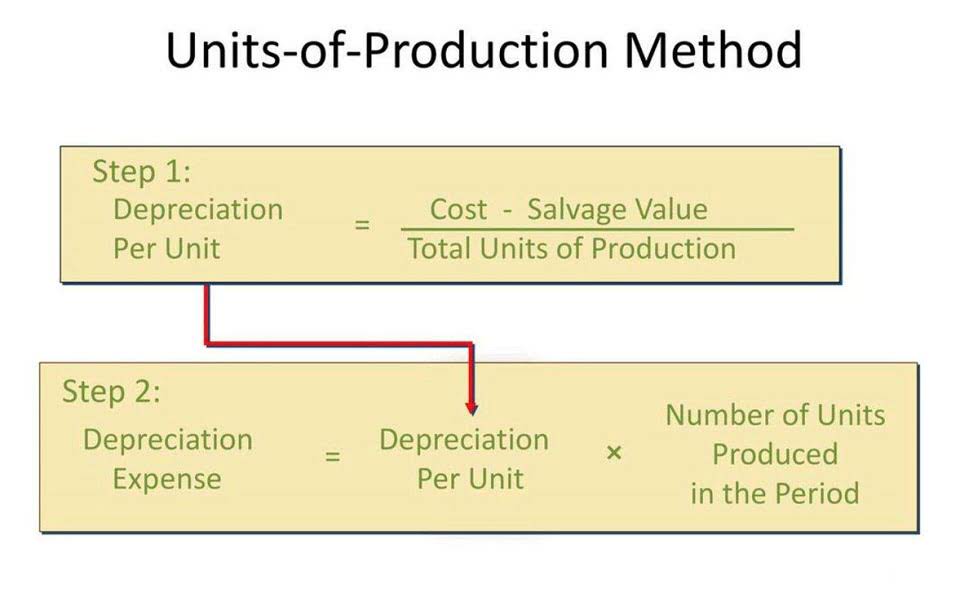
QuickBooks Online users can choose QuickBooks Live Bookkeeping to get year-round access to verified experts who are focused on their success. From the start, business owners can get personalized answers to questions and spend less time on their books. As a business owner, bookkeeping might not rank high on your list of priorities. However, maintaining accurate financial records is key to your business’s success. Accounts receivable (AR) is the money your customers owe you for products or services they bought but have not yet paid for. It’s important to track your AR to ensure you receive payment from your customers on time.
Balance Sheet

Accountants are members of statutory organizations and registered accountants might call themselves CPAs (Certified Public Accountants) or CAs (Chartered Accountants). They are primarily responsible for preparing statutory returns, advising on legal entity structure and giving general business advice. The equity section gives you the net worth of your business, which is the value of all your physical and non-physical assets. BTW, you can also hire a bookkeeping pro to help you out with reconciliation. Moving money from one account to another is like moving a five dollar bill from one pocket to another.
- The tips below are industry standards that will help any small business excel at bookkeeping.
- When you start a new business, you need to set up a chart of accounts to journal transactions in any of the five categories including assets, liabilities, expenses, revenue and equity.
- Bookkeeping is the regular practice of updating a company’s financial records to reflect all financial transactions.
- Understanding how to keep your own books when self-employed is a lot more complex than you originally envisaged.
- There are substantial differences in the skills and costs of accountants and bookkeepers.
- Leverage accounting software and automation tools to streamline your bookkeeping tasks.
Tips for Small Business Bookkeeping

Not having an accountant working with your business could mean you make mistakes which could cost you time and money which could have been avoided. There is a tendency when running a small business that you want to do things yourself such as tax and accounts to save money. When you begin using double-entry bookkeeping, you have a greater ability to create financial reports, one of the most valuable decision-making tools. Start by implementing these 13 bookkeeping and accounting fundamentals.
• Create Profit and Loss Statements
Their financial statements might not need to follow GAAP to the letter. The worlds of small business accounting and large organization accounting might seem like they operate on the same principles — and to some extent, they do. After all, accounting, regardless of the business size, is about recording, classifying, and interpreting financial information.
Bookkeeping helps you prepare for taxation

This accounting method is useful for businesses with inventory or accounts payable and receivable. If not done at the time of the transaction, the bookkeeper will create and send invoices for funds that need to be collected by the company. The bookkeeper enters relevant data such as date, price, quantity and sales tax (if applicable). When this is done in the accounting software, the invoice is created, and a journal entry is made, debiting the cash or accounts receivable account while crediting the sales account. Keep in mind, single-entry bookkeeping’s simplicity doesn’t allow for GAAP conformation.
- The Business Book ROI Study, conducted by Amplify Publishing Group, Gotham Ghostwriters, and Thought Leadership Leverage, surveyed 301 published nonfiction authors, including this writer.
- This method can work for freelancers or sole proprietors with no more than one or two business transactions a month.
- We’ll do your bookkeeping for you, prepare monthly financial statements, give you expense reports with actionable financial insights, and we’ll even file your taxes for you when the time comes.
- At least once a month for small businesses, but weekly cycle counts are even better for high-volume operations.
- Getting your books together and producing financial statements is the only way to gauge the financial health of your small business.
- You should consider electronic invoicing to make the process easier and faster.
Small businesses usually have fewer transactions and a more straightforward operational structure. As such, their accounting can often be managed with simpler systems, sometimes even manual record-keeping or basic accounting software. Failing to reconcile your bank statements with your accounting records can result in undetected errors and discrepancies. Regular reconciliation ensures that your records are accurate and helps identify potential issues early. Maintain detailed records of all your financial transactions, including income, expenses, and deductions. These records are essential for preparing accurate tax returns and supporting your claims in case of an audit.
- Like the cash-basis method, you record income when you receive it, and record an expense when you make a payment.
- Whether you plan to handle the role yourself or get someone to help, this guide will help you understand the essentials of bookkeeping and why it’s so important for a successful business.
- You can look back, see patterns, and even draw comparisons with previous business years.
- This suggests that authors should focus less on driving book sales and more on achieving their other goals.
- With so many moving pieces (including assets and liabilities, and income and expenses), small business owners must stay on top of it all.
- As such submitting information that looks odd could cause you an issue.
You need coffee beans, milk, and cups readily available—but not so much that your backroom law firm chart of accounts looks like a warehouse. A professional bookkeeper may take only a couple of hours to handle a month’s accounts, so it won’t be long before this is better value. Your monthly reports should include a profit-and-loss statement and the balance sheet, as a minimum. Otherwise you’ll be paying your bookkeeper for the time taken chasing down and sorting these documents, when it’s easy to do yourself.
- This is a highly recommended method because it tells the company’s financial status based on known incoming and outgoing funds.
- Accurate bookkeeping isn’t just a good practice; it’s a legal requirement.
- Records older than six years can be securely disposed of by hiring a professional document shredding company.
- If you decide to move forward with your business book project, do so with open eyes.
- You can expect most bookkeepers to maintain the general ledger and accounts while the accountant is there to create and interpret more complex financial statements.

For both sales and purchases, it’s vital to have detailed, complete records of all transactions. You’ll need to note the amount, the date, and any other important details to ensure you can accurately summarize your finances when it comes time for tax season. Purchase receipts should always be kept as proof that the purchases took place. It’s wise to make and record record keeping for small business sales transactions on time, every time, and allow the accounting system to use the payment terms to calculate customer receivable due dates. The calculated due dates will appear on sales invoices, so the customers can be informed of the expected payment deadline. When hiring external team members, keep in mind that some of the responsibility still falls to you as the proprietor.
Monthly bookkeeping tasks
So, even though you received an invoice in January, you’d record Accounting Periods and Methods the expense as a cash transaction in February, on the date that it was paid. Both the single-entry and double-entry methods can work in tandem with cash or accrual bookkeeping. If learning the ropes of small-business bookkeeping sounds intimidating, have no fear.
